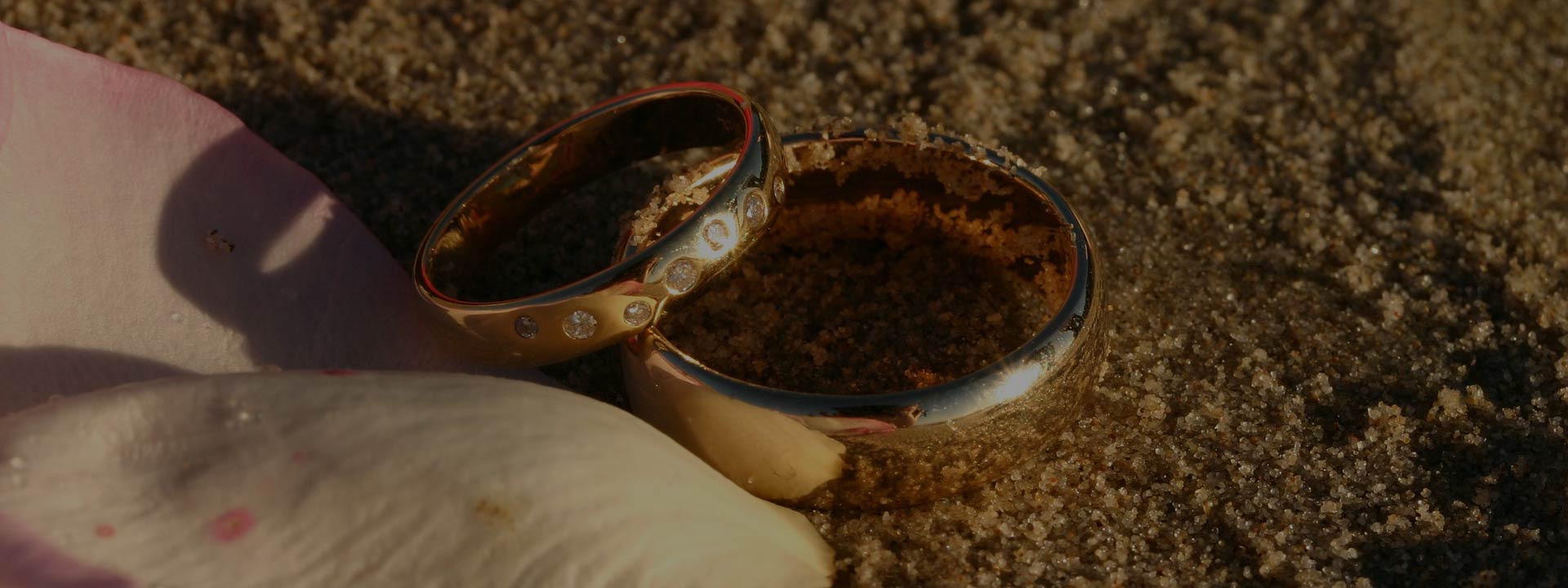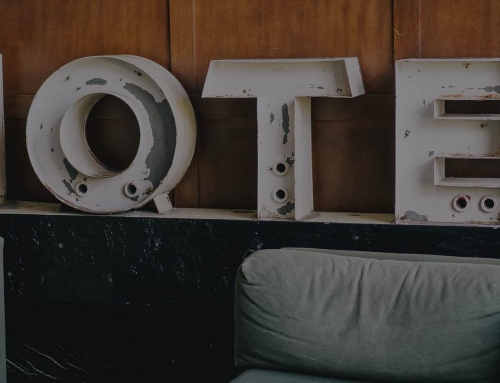By Phuket News Property · January 30, 2022
For long-term residents in Thailand, questions about property ownership within mixed-nationality marriages are common. While foreigners cannot own land in their own name, some couples explore whether freehold land or houses can be purchased under the Thai spouse’s name instead. This article explains how the process works, what the law requires and the considerations couples should be aware of.
Understanding Thailand’s land ownership rules
Under Thai law, land ownership is restricted to Thai citizens. Foreign nationals cannot directly own land in their personal name, regardless of residency status or marriage to a Thai spouse.
Because of this, freehold land and houses may only be registered in the Thai spouse’s name. However, the governing authorities take steps to ensure that the purchase is genuinely made using the Thai spouse’s personal funds.
Financing and the source of funds requirement
When a Thai spouse buys freehold land or a house, the Land Office requires confirmation that the money used belongs solely to the Thai spouse.
This often involves:
-
signing a declaration confirming the funds are not from the foreign partner
-
providing proof of the Thai spouse’s income or savings
-
confirming that the land will not be considered a marital asset in the event of divorce
These steps exist to ensure compliance with Thai land regulations and prevent indirect foreign ownership.
House ownership vs land ownership
Foreigners can own a building in Thailand, even though they cannot own the land beneath it. In practice, this means:
-
the house can be registered in the foreign spouse’s name
-
the land must remain in the Thai spouse’s name
If a couple builds a home together, the foreign partner can legally own the structure, while the land remains under Thai ownership.
Long-term considerations for couples
Couples exploring this option often consider:
Financial transparency
Ensuring the Thai spouse can clearly demonstrate the source of the funds.
Legal documentation
Land offices may require additional declarations, depending on the province. These documents typically confirm that the land is not being purchased as a proxy for a foreign national.
Responsibility and control
Because the land is registered under the Thai spouse’s name, long-term decision-making rests with that spouse.
Estate planning
Couples often consult legal professionals to ensure wills and succession plans are clear, especially when the building is registered separately from the land.
These considerations help couples make informed decisions about long-term arrangements.
Why this structure exists
Thailand’s property laws aim to protect national land ownership and ensure that freehold land remains within Thai control. While options exist for foreigners to secure long-term residential stability, direct land ownership remains reserved for Thai citizens.













